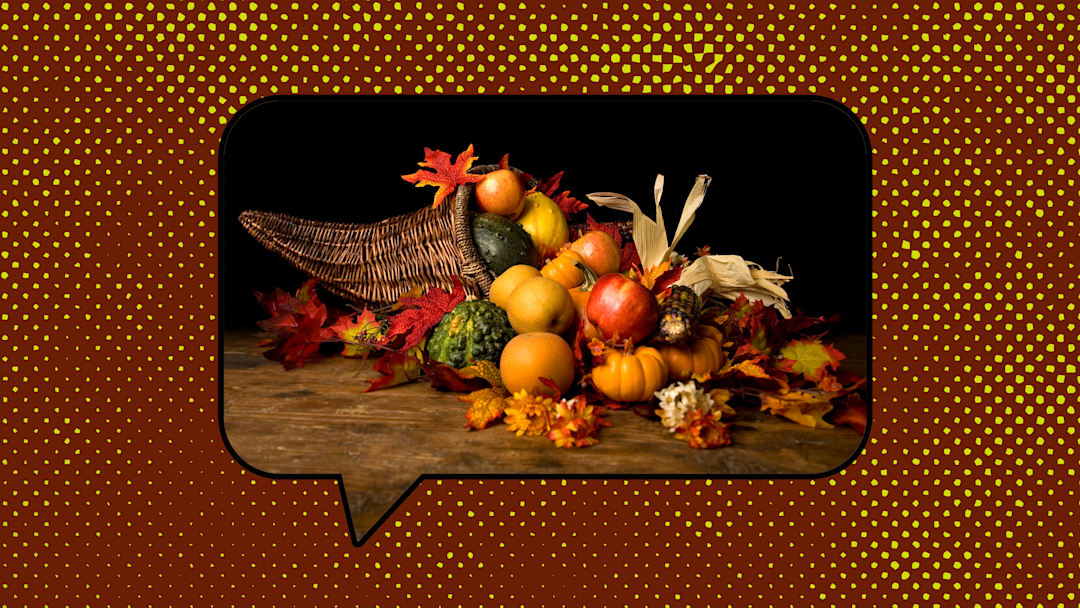

John Kelly
Joined: May 20, 2016




We have many games to while away long days, but where do words like 'poker' and 'hopscotch' come from? Here are the etymological origins of 11 popular games.
With spring in bloom, let’s stop and smell the etymological roses and learn the origins of flower names like orchid, tulip, and violet.
If we listen across the globe, we’ll hear all sorts of gasping H's and gulping K's, so much so that it almost seems like there’s a universal word for hiccup. Except there are some surprising, er, hiccups along the way.
Sun hats, floppy hats, baseball caps, bucket hats: It’s easy to guess where the names of these hats come from. But what about fedoras, trilbies, and other headwear we’re donning this days?
The names for many of the dozens of particles that make up the universe—as well as a few that are still purely theoretical—come from ancient Greek.
In the vocabulary of English, <em>quis</em>, <em>quid</em>, and <em>ubi—</em>meaning who, what, and where in Latin—are everywhere.
Let’s reach into the etymological cooler and crack open the origins of some everyday booze names.
Antarctica has developed a lingo all its own.
If sniffle comes from sniff and chatter comes from chat, where do fizzle, waddle, and flutter come from?
Many common articles of clothing and general fashion terms have surprising geographic roots.
The origins of these words are hiding right under your nose.
How would you explain what it means to think? This act, though central to our very humanity, is an incredibly abstract process. Behind many of our thinking words, however, are some concrete Latin etymologies, and they show how we like to understand our me